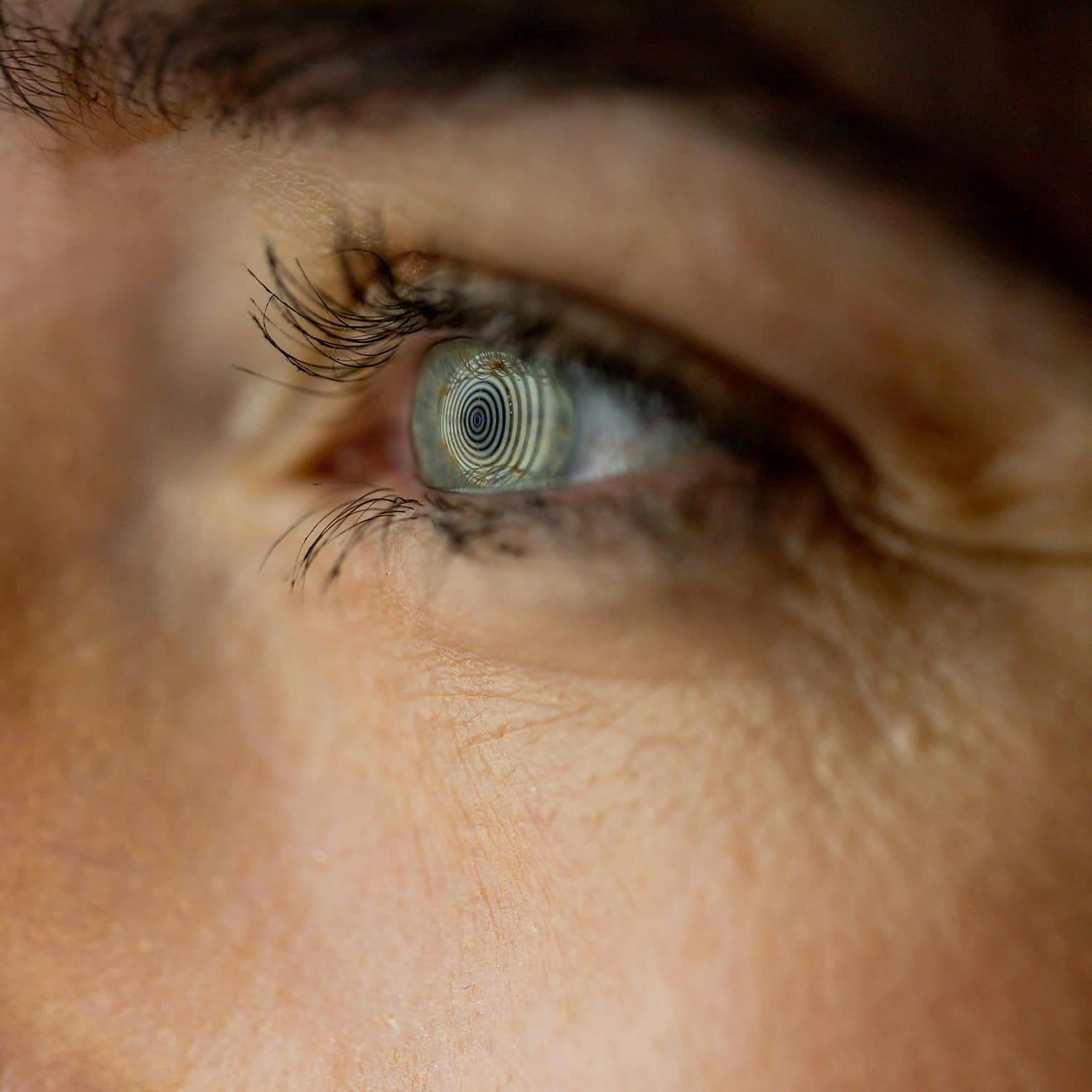Achieve clear, precise vision with PRK in Minneapolis at Chu Vision Institute. Restore your sight and enjoy freedom from glasses and contacts under the care of one of the nation’s leading ophthalmologists, Dr. Ralph Chu, in Minneapolis.
Why Chu Vision for Your PRK Procedure?
- Dr. Chu has decades of experience as a world-class surgeon.
- Unlike many practices, you’ll have an appointment with Dr. Chu before the surgery day.
- Chu Vision has been selected to participate in over 100 trials by the FDA.
- Featured on CBS, ABC, The Today Show, NBC Nightly News, Channel 4 Morning News, and more.
- Chu Vision offers the broadest spectrum of vision correction technologies in Minnesota to help you see and be your best.
- Dr. Chu is a “surgeon’s surgeon,” providing training across the country.












